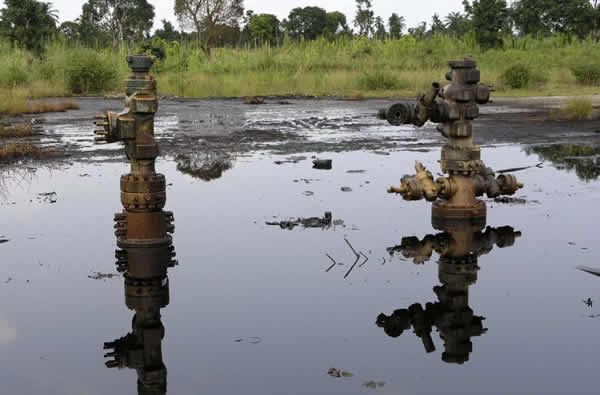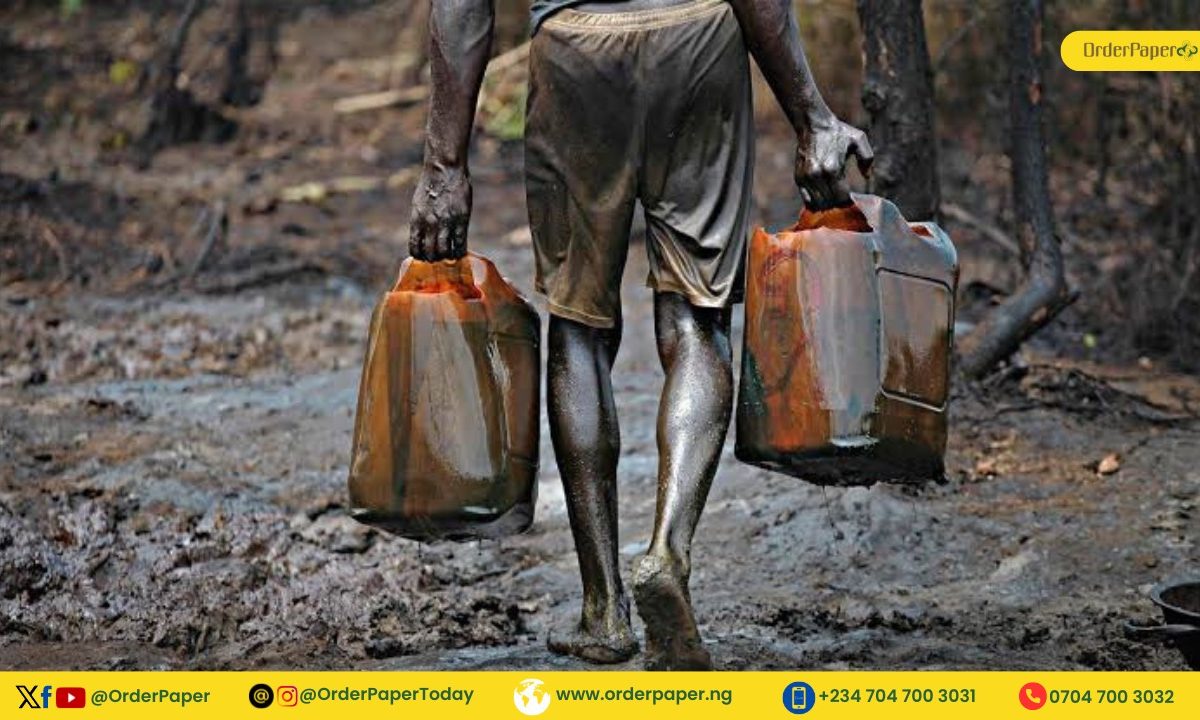Sustainability refers to the responsible management of the earth’s finite resources to meet present needs without compromising the ability of future generations to meet their own needs.

The House of Representatives recently threatened to issue arrest warrants on executives of some companies operating in Nigeria’s oil and gas industry. The alleged offence of these companies is their failure to honour invitations to explain or defend their Corporate Social Responsibility (CSR) initiatives to host communities in the Niger Delta Region.
To many, especially in the deprived and depraved communities of the region, this tough stance by the legislators is worthy of applause, given the popular impression that the companies are exploitative and generally careless about the declining fortunes of their hosts. However, to those aware of contemporary trends in corporate leadership and responsible business practices, the Nigerian parliament is missing the point. This is because conversations are fast drifting away from CSR to sustainability – the direction in which the world is headed.
What is Sustainability?
Sustainability, in the global context, refers to the responsible management of the earth’s finite resources to meet present needs without compromising the ability of future generations to meet their own needs. It encompasses environmental stewardship, social equity, and economic viability. In Nigeria, a country with rich natural resources and a growing population, sustainability is crucial for ensuring a sustainable future for its citizens and safeguarding the environment and economy for generations to come.
Sustainability, as it touches host communities, requires investing in these communities’ long-term well-being, mitigating environmental harm, enhancing social well-being, and fostering resilient economic opportunities. The correlation between sustainability and the host communities underscores the petroleum industry’s commitment to balancing short-term gains with long-term societal and environmental preservation, ensuring a sustainable future for both communities and the industry.
Differentiating Sustainability from Corporate Social Responsibility
It is important to differentiate sustainability practices from Corporate Social Responsibility (CSR). While CSR focuses on initiatives that benefit society and the environment, they are often voluntary and disconnected from core business strategies. On the other hand, sustainability delves deeper into integrating future-proofing practices into the core of business strategy and operations. It provides a structured framework for companies to measure and communicate their Economic, Social and Governance (ESG) performance, set targets, and track progress towards achieving long-term goals that benefit people and the planet while not compromising the profitability and economic viability of the firms.
Sustainability provides a modern regulatory framework for the remediation and beneficiation of resource-bearing communities, unlike CSR, which focuses on voluntary tokenism. The essence of sustainability is to provide a platform for oil companies to transparently disclose their environmental impact, social initiatives, and impact on the economic ecosystem and communities where their oil business is carried out.
Sustainability and the ESG
By sharing detailed ESG information with the public, companies enhance stakeholder trust and credibility while fostering open communication with investors, regulators, host communities, and the public. Sustainability has become a regulatory and compliance issue along the themes of environmental impact – including carbon emissions, waste management, and resource conservation efforts; social capital – including securing the social licence to operate, upholding civil liberties; and enthroning good corporate governance practices – including adherence to labour rights and Diversity, Equity and Inclusion (DEI) principles.
Sustainability Reporting is Fast Emerging
Across the world, sustainability reporting is fast gaining recognition. For Nigeria, the Financial Reporting Council of Nigeria (FRC) has been in the forefront of sustainability-related disclosures. In July 2023, the Council, in conjunction with the International Sustainability Standards Board (ISSB) and Nigeria Exchange Group (NGX), launched a set of regulations on sustainability for the country.
Extant Regulations Fall Short of Sustainability
While we are yet to see full implementation of these emerging sustainability regulations, it is important to note that under the Petroleum Industry Act 2021, it is the duty of the Nigerian Upstream Petroleum Regulatory Commission (NUPRC) and the Nigerian Midstream and Downstream Petroleum Regulatory Authority (NMDPRA) to establish and enforce Health, Safety and Environmental (HSE) standards for the upstream petroleum operations as well as the midstream and downstream petroleum operations respectively.
This implies that it is the duty of the Commission and the Authority to enforce the regular publication of these HSE reports by these oil companies to:
- Monitor and assess the environmental practices of these companies;
- Monitor the compliance of these companies with environmental regulations and standards;
- Proactively address potential threats to ecosystems, biodiversity and communities;
- Facilitate informed public dialogue, stakeholder engagement, and advocacy for sustainable practices within the oil industry; and
- Promote responsible business conduct within the industry.
Need to Close the Sustainability Gap
The need for this transparent and accountable environmental contemporary practice within the oil industry is paramount. However, the absence of express legislation requiring oil companies to report on sustainability is a glaring gap in the nation’s industry governance framework – and a further danger to host communities in the delta and, indeed, all resource-bearing communities across the country. Embracing sustainability should be a regulatory requirement and a crucial step towards safeguarding the environment, promoting responsible business conduct, and ensuring a more sustainable future for Nigeria’s oil industry and host communities.
Additional Reporting by Efe Iseghohime


